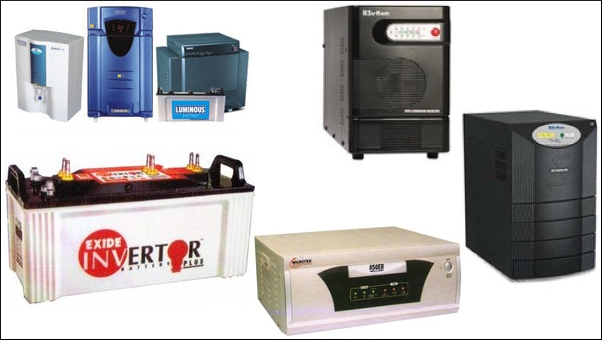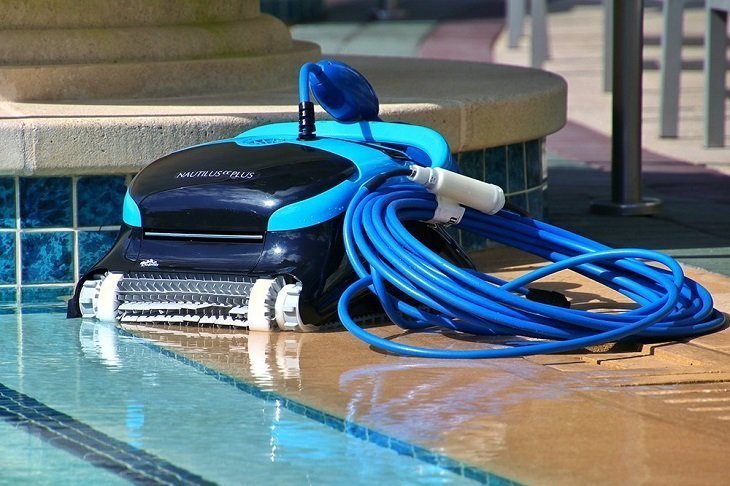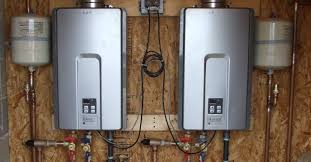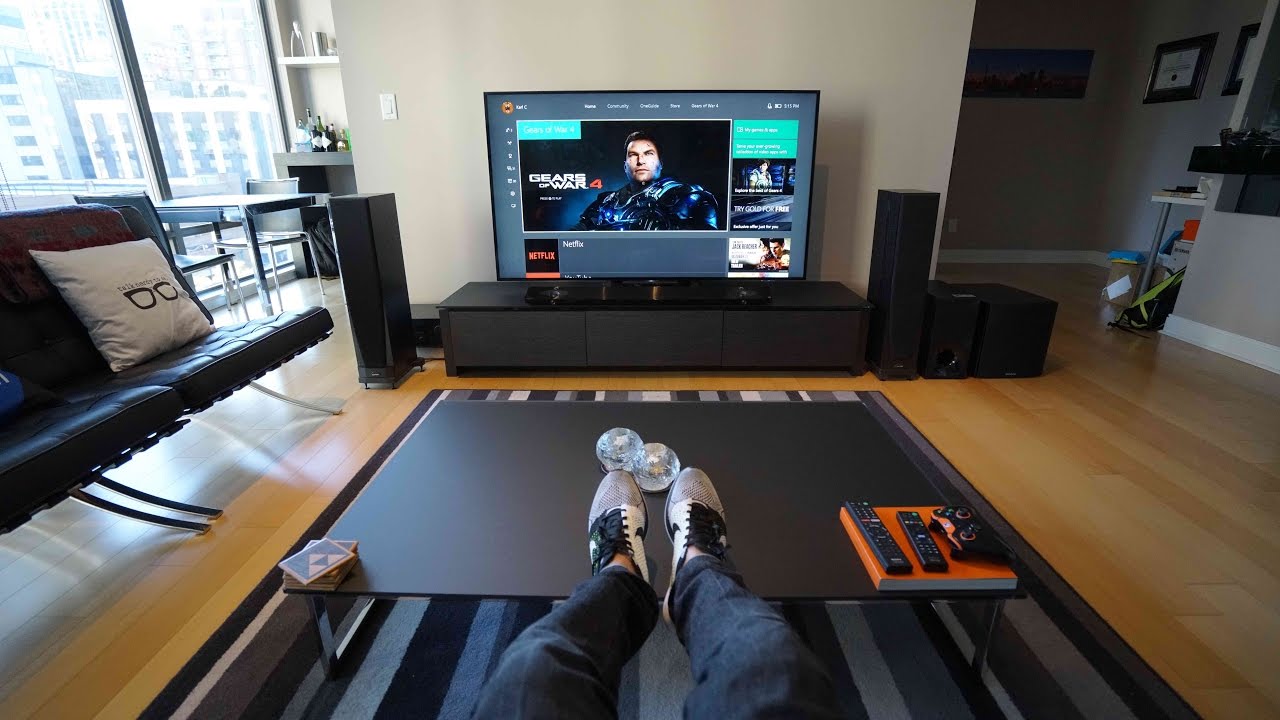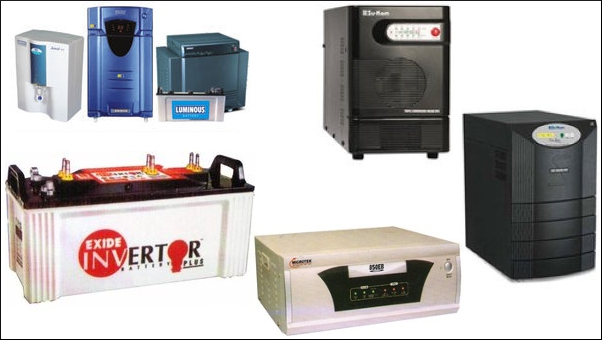
Still undecided whether you should go for a generator or an inverter to do away with the nuisance of power-cuts? Here’s why investing on an inverter can be a good idea:
It goes without saying that an inverter has today become a necessity, rather than a luxury. With power outages becoming a common nuisance to deal with, inverters is perhaps the only cost-effective way to keep our electric appliances running.
Today’s inverters enable the home owner to run all home appliances including lights, fans, televisions and refrigerators for their convenience without much hassles. Having said that, with some many brands in the market offering inverters at various rates, it is difficult for the home owner to choose the best product depending on his needs.
POWER INVERTER OR GENERATOR:
Now, many home owners also choose to buy diesel home generators to counter erratic power-cuts, but before you choose to buy either, you need to thoroughly calculate your power needs to get the best out of them.
I would recommend an inverter for a home whose power needs doesn’t exceed 1000 W – suitable for small appliances, TVs, DVD players, a refrigerator, etc. Generally, the inverter is a more economical power alternative to run these appliances. However there are inverters with which bigger electrical devices and appliances like air-conditioners, washing machines, etc. can be run, but it is more economical to have a generator to run them.
Another aspect you need to look at before choosing between a generator and an inverter is the average time of the power outages in your area. If they are, say, for an hour or two, an inverter is the best answer to your problems.
You should also remember that a generator will require routine maintenance, such as oil changes and occasional rebuilds, while an inverter will not. So the inverter is economical in most cases.
CHOOSING THE RIGHT INVERTER:
Choosing the right inverter is very important. Here is a formula which I think will help you in deciding the right one – Watts/ Power Factor = VA (the power factor for most inverters is 0.8). For instance, if your power consumption is 542 Watts, then you would require a 677 VA inverter. Inverters are available in market with 500 VA, 800 VA, 1000 VA, 1400 VA and above. So you can go for an 800 VA inverter which will deliver approximately 640 watts. However I would not recommend a very high inverter than the requirement as it will consume more electricity and loss of power will also be higher.
Also make sure that the power of the inverter is listed as continuous and not at certain wattage, because these inverters can only draw that wattage for a short period of time and then will shut off, reset themselves and resume functioning. These outages can be frustrating to you and harmful to the device you are powering.
CHOOSING THE RIGHT BATTERY SIZE:
The second stage will be to choose the right battery. Inverter batteries are available in various Amperes. You need to decide how much backup you require and decide on the amperes.
Here is a formula which you will find very helpful: Load/Voltage x Backup hours = Amperes
For instance, if your requirement is 542 watts for 3 hours, you would require a 135 Amperes inverter battery.
WEBSITES OF COMPANIES MANUFACTURING POWER INVERTERS/ BATTERIES FOR HOMES:
(i) Luminous (http://www.myluminous.com)
(ii) Genus (http://www.genusoverseas.com)
(iii) Sukam (http://www.su-kam.com)
(iv) APC (http://www.apc.com)
(v) Exide Battery (http://www.exideindustries.com)
(vi) Amaron Battery (http://www.amaron.in)
To get more information & assistance, please submit the form below and our specialist will get in touch with you at the earliest.

